President Xi Jinping's remarks on the 120th anniversary of Deng Xiaoping's birth highlighted the late leader's most important intellectual legacy and how the Deng Xiaoping Theory continues to mold China's identity and development path, analysts said.
In a speech delivered at a meeting on Thursday to mark the anniversary, Xi called for thoroughly studying and applying the theory to address real-world problems. He said the best way to honor Deng is "to continue advancing the cause of socialism with Chinese characteristics that he initiated".
Maarij Farooq, deputy editor-in-chief of Pakistan Economic Net and the Daily Ittehad Media Group, said Xi's remarks are "a powerful testament to the enduring significance of Deng's contributions".
"This acknowledgment from President Xi not only honors Deng's legacy, but also reinforces the importance of his ideas in shaping China's identity and its position on the global stage," Farooq told China Daily.
Deng is the chief architect of China's reform and opening-up policy that kicked off in 1978. The policy has been widely hailed for helping to lift 800 million people out of poverty. Farooq said Deng had "a pragmatic approach to governance" and had advocated for a "unique blend of socialism and market principles".
Korn Dabbaransi, former deputy prime minister of Thailand, recalled meeting Deng in April 1975 as he was part of the first official Thai delegation that visited China. He said Deng was "very smart and held a charm of resoluteness".
Korn said the reform and opening-up policy had a crucial role in China's economic surge and in closer bonds with the rest of the world, including Thailand. He said the friendship and trade between China and Thailand have grown in the past few years, with the two countries joining hands for a strategic partnership.
"Now, China is moving forward and promoting win-win cooperation with many countries under the Belt and Road Initiative. With its growing power and influence, China is now showing its broad vision in pursuing a peaceful development road for a shared future for humankind," Korn said.
Ukeru Magosaki, co-representative of the Association for Inheriting and Propagating the Murayama Statement, a Japanese civic group dedicated to upholding the 1995 statement that admits Japan's wartime mistakes, said Deng's "greatness lies in his ability to pave the way for a new era of socialist modernization".
He said that in the 1960s, there was discussion in the former Soviet Union about the nature of the socialist economy, with the introduction of the market becoming essential. However, authorities failed to incorporate the market into socialism, Magosaki said.
"The question of how much of a market economy to incorporate was not an easy one in both theoretical and practical terms, but Deng demonstrated the political courage to innovate and explore, and through his lifetime struggle, created Chinese-style modernization by utilizing the market," Magosaki said.
Putting people first
But the introduction of a market economy carries the inherent risk of creating a society with significant disparities. Magosaki said that under Xi's leadership, the emphasis has been on putting people first, protecting their livelihoods, and promoting the common prosperity of all people. This shaped Deng's path into "a more enriched socialist model", he said.
Xi said in his speech that after the "cultural revolution" (1966-76), Deng had led the Party and the people in achieving China's historic transformation. He said Deng pushed China to achieve a new breakthrough in adapting Marxism to the Chinese context, break new ground in socialist modernization, and set a correct path for the country's complete reunification.
Satoshi Tomisaka, a professor at the Institute of World Studies at Japan's Takushoku University, said one of the keys to the Communist Party of China's success is that it was able to adapt Marxism to China.
"Mao Zedong successfully transformed the Russian urban revolution into a rural-centered revolution in China. Deng Xiaoping introduced Deng Xiaoping Theory to adapt socialism to China's national conditions," Tomisaka said.
He said China focused on development and improving people's lives, helping the nation reduce poverty and rise to become the world's second-largest economy. Tomisaka said the reforms adapted to national conditions and circumstances were continued by the succeeding generations, and under Xi's leadership, the reforms "have been elevated to Chinese-style modernization".














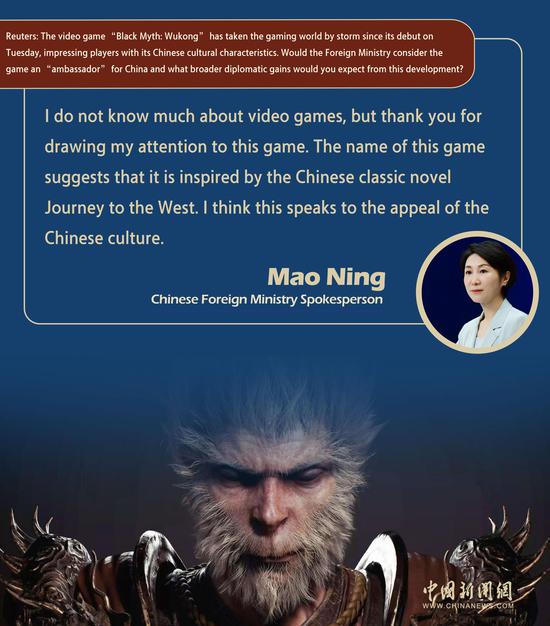

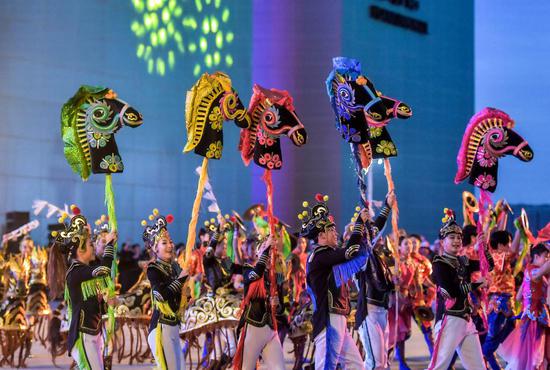


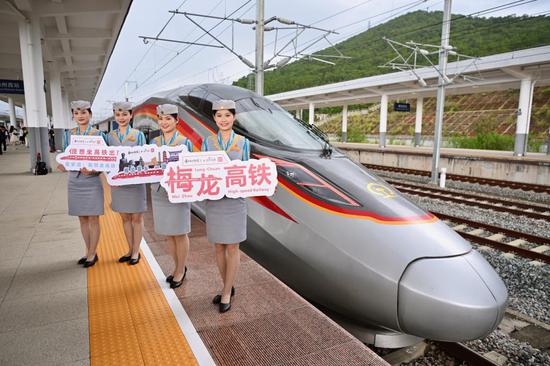





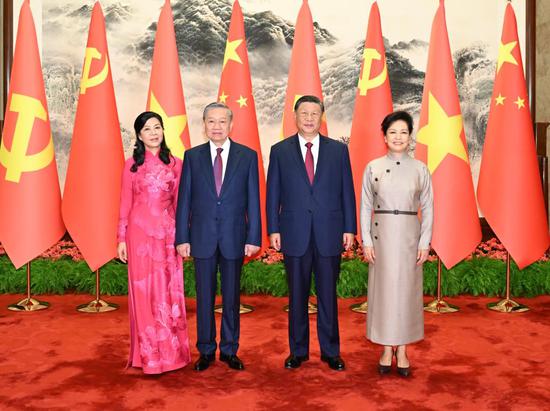
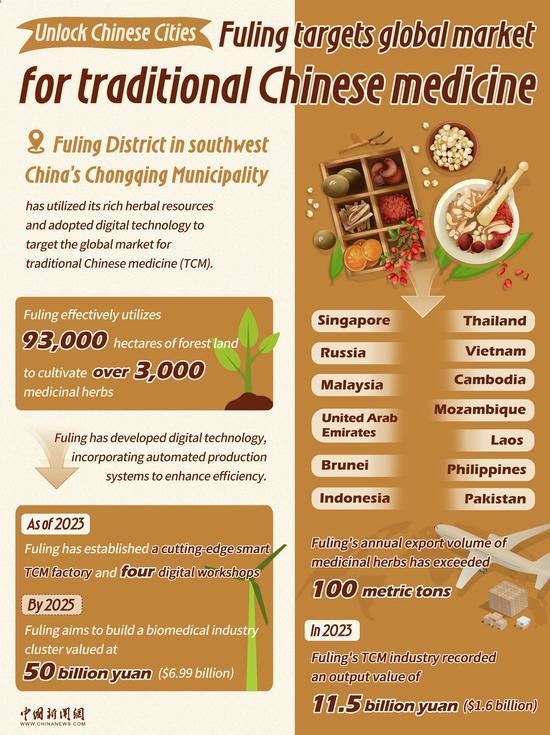
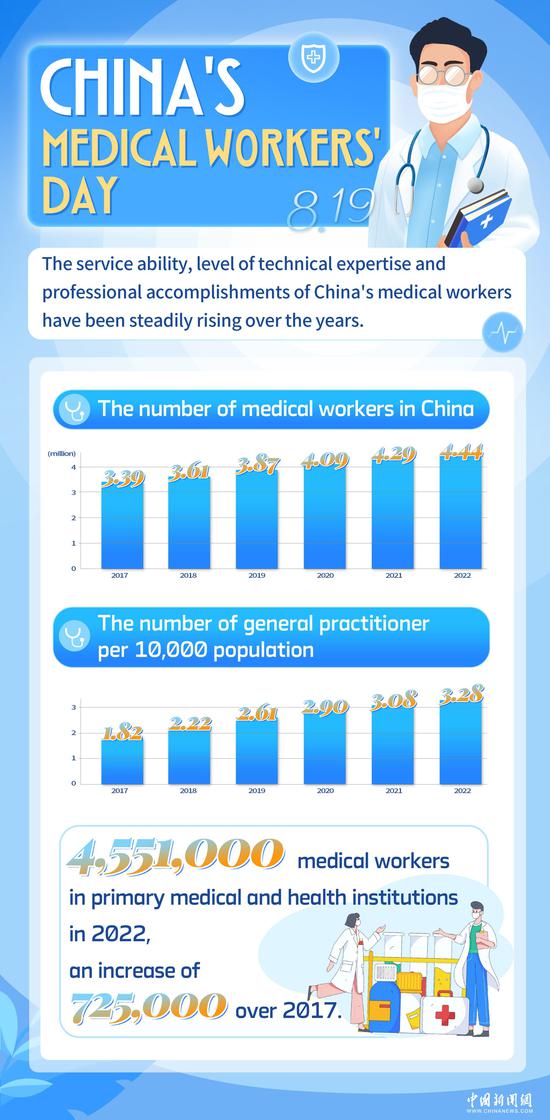
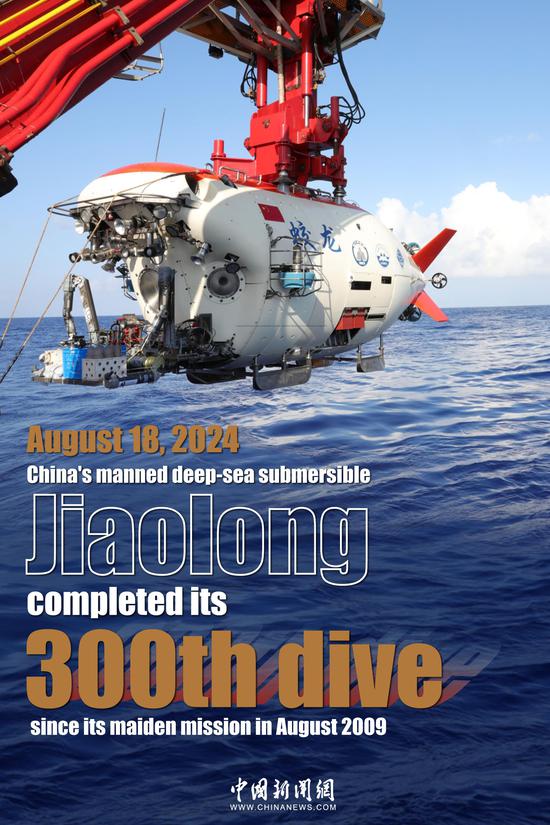





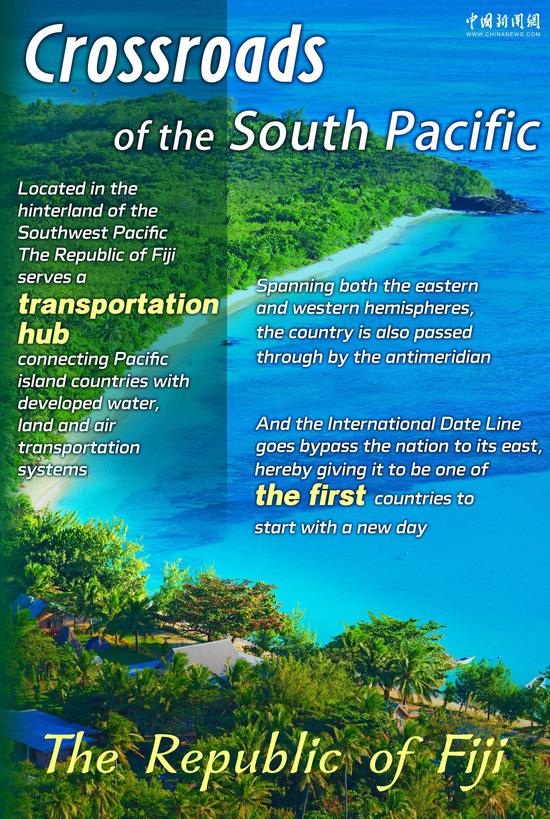


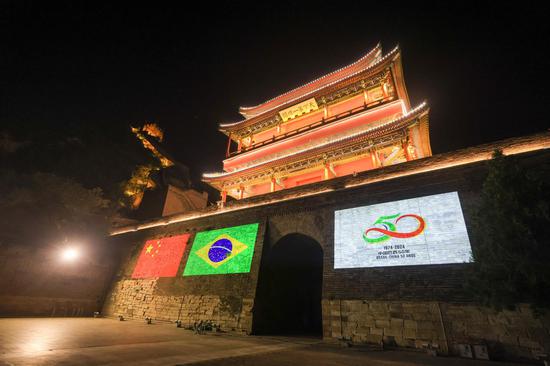



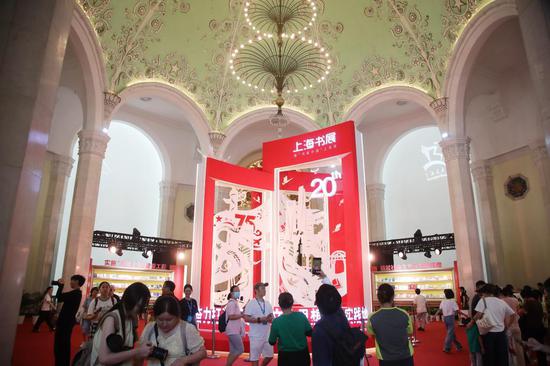
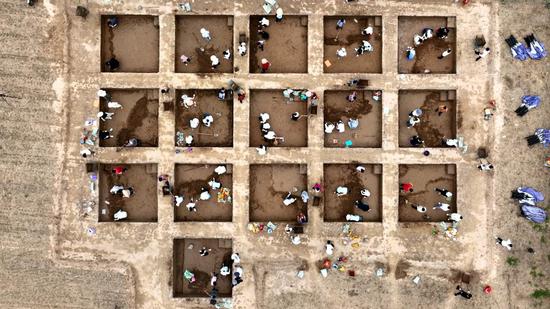
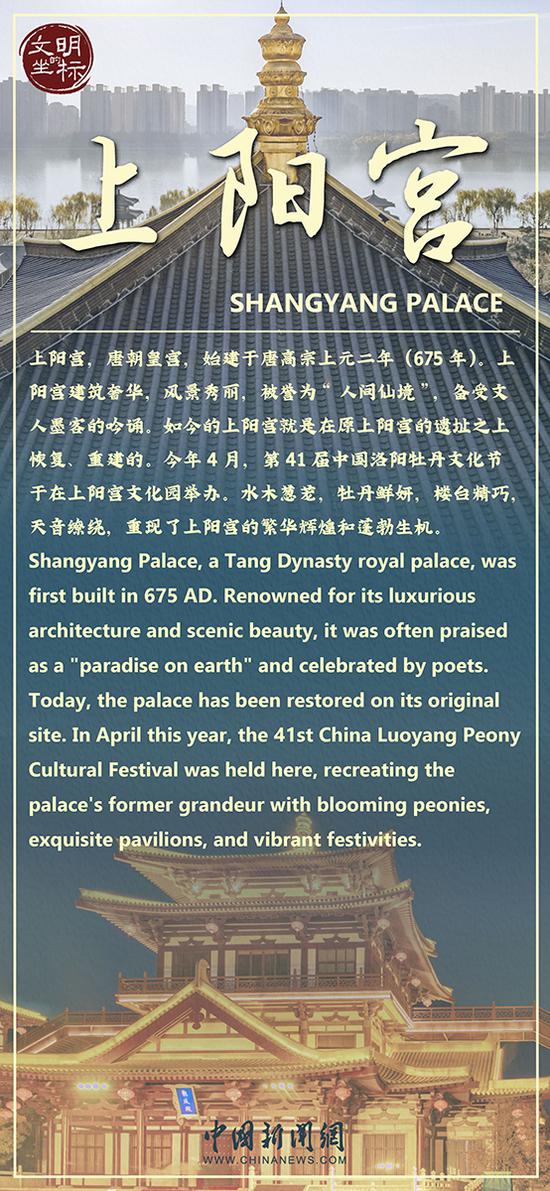


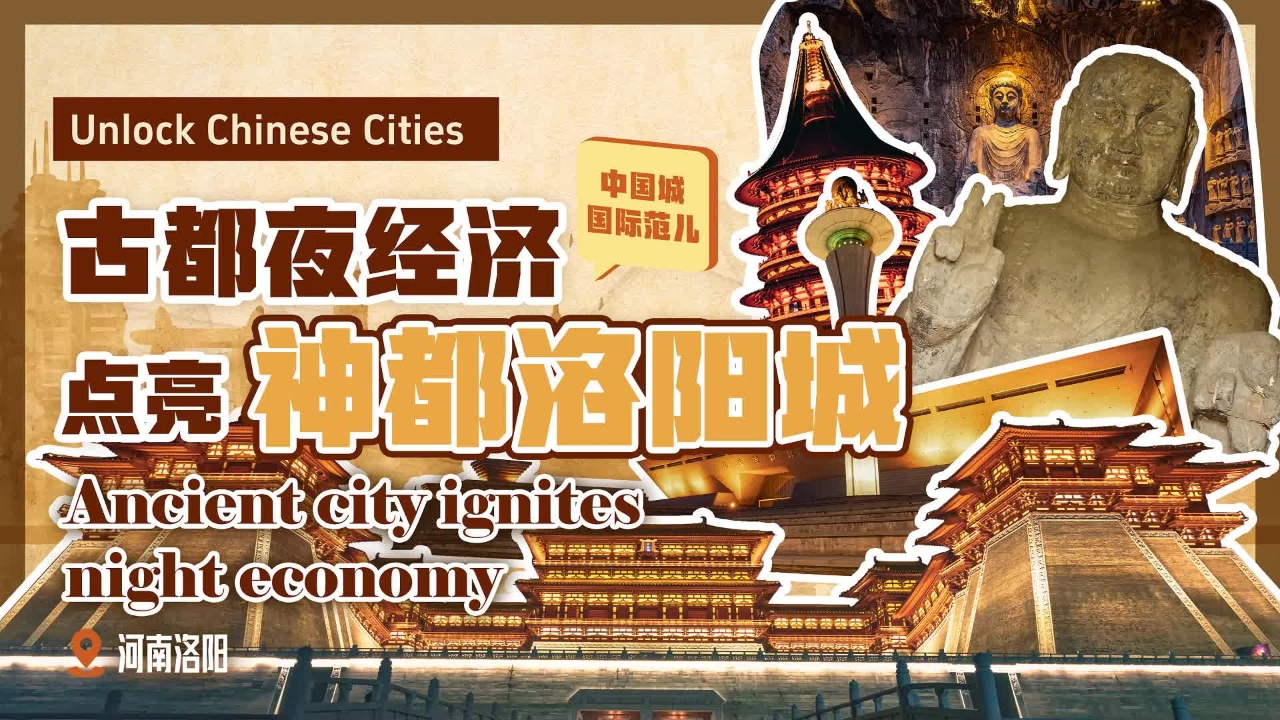



 京公网安备 11010202009201号
京公网安备 11010202009201号